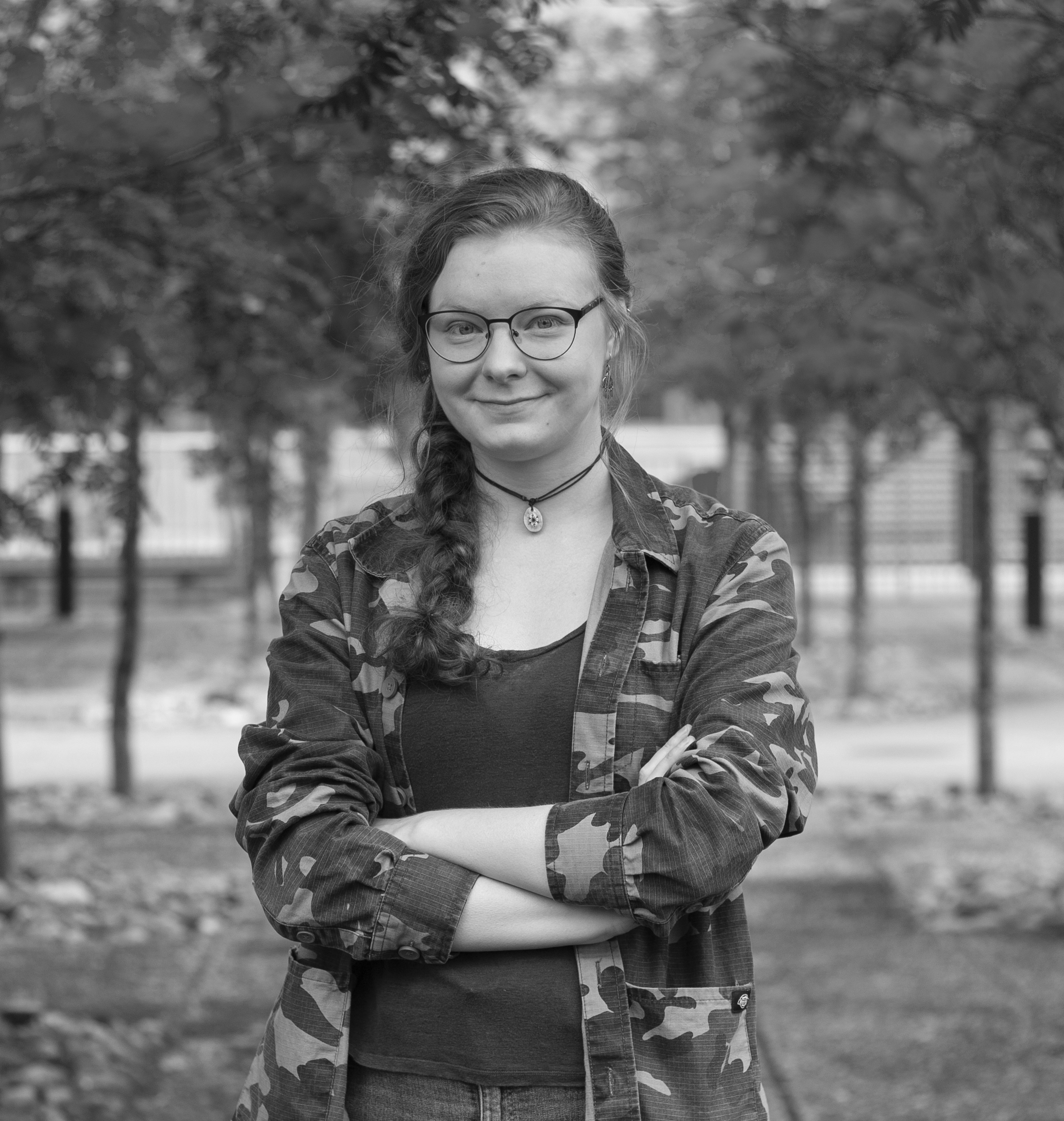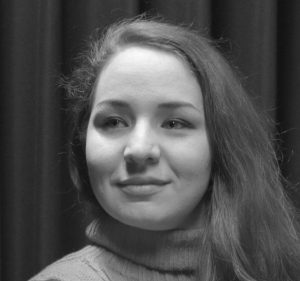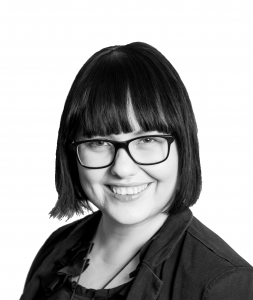Read this story in Finnish.
The announcement begins. A meeting fee of 41,20 euros per meeting is paid to student members from 1.10.2020 onwards from the following meetings: Collegium, Board of Examiners, Education Management Group, the Education Council, the Faculty Board, Faculty Steering Group and Education Committee. Announcement ends. A number of questions arise: What meeting? What committee? What fee? What student member?
A student member represents students in university administration. Their job is to bring forward a student’s perspective and look after students’ interests. A student member is plenipotentiary in the meetings of the university. In other words, they have an equal say and vote in all matters just as any other member does. These members are called hallopeds, a.k.a. student representatives in administration, who influence the future of education and research in the university they represent.
Hallopeds can also represent in administrations outside a university. As for the University of Oulu, its hallopeds can represent in the boards of student owned restaurant chain Uniresta, Oulun ylioppilasapu ry (‘Student help association in Oulu’) and the Student Housing Foundation of Northern Finland (PSOAS), and also in the nationally operating delegation of the Finnish Student Health Service (FSHS) and in the locally operating executive board of FSHS healthcare service unit of Oulu. Hallopeds are appointed either by the Student Union or the student body.
You might be thinking ‘wow that’s a lot of responsibility’. So many delegations, committees, councils, management groups and boards! There’s no denying that the list is quite extensive. But if you think about it, it makes perfect sense. The University is a big institution, where several matters require decision-making. Without student representatives nobody would know of the real problems that students face. After all, universities were founded to suit the needs of students. Students themselves established the university institution during medieval times, and sought out their own teachers.
But what are the things that students might want to influence these days? Who has the energy to meddle with the details of every bureaucratic decision? As a matter of fact, the issues can be rather tangible. If for example, a student restaurant serves bad quality food or neglects allergies, hallopeds can address that. They can also affect what kind of thesis supervision a student receives. With the help of hallopeds these things can change. The accomplishments of hallopeds include for instance, the Quiet Room at the University, and the “55 study credits” overall patches and meal tickets, although the latter don’t exist anymore.
What about the fees then? A student representative does not receive a salary per se, but they do receive a meeting fee of 41,20 euros from most meetings they attend. So, did the announcement from the beginning mean that hallopeds are getting more money? From the beginning of October, hallopeds receive the meeting fee from more meetings than before, but the numeral amount of the fee has not changed. Influencing the extension of the fee was Aino Rossi, a Specialist in Academic Affairs at the Student Union of the University of Oulu (OYY). Among other people, she helped accomplish better compensation for the efforts of hallopeds.
YOU DON’T HAVE TO BE A SUPERHUMAN
A third-year economics student Antti Pennala thinks that anyone can be a student representative. All you need is the motivation to use their own time to further common affairs. Pennala is a student representative in the Education Management Group (EMG), where they collaborate with Education Deans and the Vice Rector for Education to discuss education strategy. Basically it means that Pennala is affecting the development of future education at the University of Oulu.
According to Pennala, what is important to understand about halloped activity, is the long-term nature of the decisions and the fact that they might not affect the students of today.
“The people needed as hallopeds are the ones who care about making a difference on what our University is going to look like after we’re done studying here”, Pennala says.
According to OYY’s Aino Rossi, hallopeds are not superhumans.
“You don’t have to be a super-student in order to be a halloped. It’s more important to know the problems of ordinary students. If you apply to be a halloped and indicate your interest in the issues, you are very likely to get appointed. The applicants aren’t exactly pouring in from every open window”, Rossi says.
Nita Tuomi, a student representative in the Faculty of Science Education Committee, agrees that being a halloped is quite effortless. She believes that anyone can be a halloped because the job is really not that difficult.
“Working as a halloped in the Education Committee requires nothing more than a few hours a month and an interest towards education and its functionality. Specialists in Academic Affairs in particular can benefit from working in the Education Committee because they can function as an excellent link between students and the University all the way to its administration!” Tuomi says.
Nita Tuomi represents students in the Education Committee meeting. There for example decisions are made concerning the student admission amounts and the design of diplomas. The meetings are held once a month and the material for the meetings needs to be viewed beforehand.
Antti Pennala also says that his activity as a student representative in the Education Management Group is really just attending the meetings. In preparation for the meetings he needs to go over the meeting material and meet with his vice member as well as OYY’s Specialist in Academic Affairs, Aino Rossi.
“We decide in advance which matters we might want to discuss in the meeting. When we’re there, we pay attention to the conversation, and as it goes on we comment on the things worth commenting. So if you absolutely don’t have to, you’re better off not commenting on everything,” Pennala says.
Pennala’s enthusiasm for getting into this type of interest work came from getting to know other hallopeds at the University.
“It was suggested to me that I should apply in the Education Committee for Oulu Business School. I got elected and had my first experience with halloped activity”, Pennala recounts.
According to Pennala, halloped work provides you with many opportunities to develop yourself. For example, in the meetings you might come across bigger themes, and once you have already grasped them, you can make use of them in working life as well. Every day is an opportunity to learn something new.
“As a halloped I can fulfill my thirst for knowledge and learn something new every day. It’s rewarding to succeed when you have spent so much time commenting on some new principles, and you notice that the matters are actually passing in the meetings”, Pennala says. He also emphasizes learning to collaborate with the faculty and university administrations.
Merely by complaining though you won’t get very far.
“Generally it might feel like nothing is ever going well when it comes to student-related issues. Still it’s important to remember that positive feedback is needed as well. This concerns all things in life but with halloped activity it has been nice to notice that this is in fact the case”, Pennala reminds.
Not everything about a student representative job in administration is just learning, bureaucracy and hustling around. It also involves meeting a bunch of new people, who you can work and trade thoughts with.
“This wouldn’t be half as fun if you didn’t get to meet and spend time with new people, who have similar interests as you do. In fact, I would like to see more hallopeds from every year and all faculties. It doesn’t really matter where you come from but what you are prepared to do. The views of a new student are just as valuable as the ones of an older one”, Pennala says.
“ONE HALLOPED REPRESENTS HUNDREDS OR THOUSANDS OF STUDENTS”
Nita Tuomi had also decided to apply as a halloped after hearing the recommendations of earlier hallopeds.
“I acted as a Minister in Academic Affairs at the subject organization of biology Syntaksis. I thought that being a halloped could also benefit the subject organization”, says Tuomi.
Tuomi also says that by being a halloped she has been able to affect student-related decisions still under planning, and reshape them to better suit the needs of students.
“Because of halloped activity, I am more informed than an average student is about matters concerning University administration, which naturally affect students directly. I feel like I can truly make a difference through this job and get to see the results immediately”, Tuomi explains.
Annakaisa Tikkinen, a student of English Philology, says that when it comes to decision-making in administration, a student member carries the same amount of responsibility as any other member.
“You’re not just a messenger there. In the bigger picture it’s about the realization of the entire University democracy”, Tikkinen states.
That is why it takes a serious level of commitment to be a halloped.
“By calculation, one halloped can represent hundreds or thousands of students. It’s important to commit to the job, so that the voice of students can be heard when making decisions”, Tikkinen highlights.
Tikkinen herself is a student member in the University’s Board of Examiners. There matters such as petitions for correction of students and student applicants are handled. One can file a petition for correction if they are for example unsatisfied with the evaluation of their thesis, a decision concerning acceptance of credits or the scoring in student admission.
Tikkinen says that affecting the rights of students and the development of the University community feels meaningful to her.
“It’s also good preparation for working life!” she adds.
Both Pennala and Tikkinen agree that as a halloped you need to know how to speak up.
“The most important thing is having the courage to speak up at the right time. Whether it’s about stating your opinion or saying that ‘hey, I don’t understand, could somebody explain, please’. Working in administration is also a good place to practice that courage even if the thought of it might seem scary. Being a halloped is good for someone who has courage or someone who wants to have courage”, Tikkinen says.
“Having the courage to speak up when it’s needed can be helpful: you can deal with big themes and sometimes think outside the box”, Pennala says.
OYY’s Aino Rossi explains that there are many more good sides to halloped activity. As a halloped you can gain experience, networks (for example, with the University administration and people responsible for academic affairs), filler for your CV, study credits, and from many meetings you can get money or even meeting snacks. Then there’s information regarding University matters still under preparation, and you can also comment on documents you can’t otherwise influence.
OYY also organizes coffee meetings, get-togethers and other meetings for hallopeds as well as annual christmas parties, May Day mead-celebrations and a water-bus tour. At these events you can meet subject organization active members and other hallopeds. Without these kinds of activities the job could get quite dull, and just hanging around in the meetings would make the experience rather one-sided.
THE GROUPS ARE REFORMED IN AUTUMN
Now, who can become a halloped and how? Anyone can apply as a halloped and you don’t need to have any prior experience in organization or interest work. Open calls can be found at OYY’s website and in the halloped portal of the University of Oulu.
Many additional calls are still going on at this moment. Every other fall there is a larger open call, where all hallopeds are elected. OYY trains all of the student representatives and arranges orientations. The latest orientations have been this September, but additional training can be arranged throughout the year regarding subjects that the hallopeds themselves request.
Most student representative jobs in administration last two years. You can however resign during your term if the job gets too straining or if you happen to graduate. In addition to the ordinary members there are also vice members involved. Vice members don’t need to participate in the meetings unless the ordinary member is unable to attend for some reason. Aino Rossi also points out, that the experts at OYY will help with any problems and answer questions.
Hallopeds do not have to work without the support of other students either. Hallopeds can be provided with feedback, which they can take into account. Student members represent students and oversee their interests, which is why they need the support and opinions of other students. Questions and feedback can be sent to the present hallopeds straight via email. The contact information of all present hallopeds can be found at halloped.fi/en/oulu. There you can also find all of the committees, the lengths and descriptions of halloped jobs and ongoing halloped calls.
So, the stiff announcement from the beginning shortly entails the following: The student members, who represent students in the meetings of University administration, are being paid a meeting fee from more meetings than before. Students are getting financial compensation for the work they are doing – That is all in a nutshell.
This article was translated by Saana Haapala.












